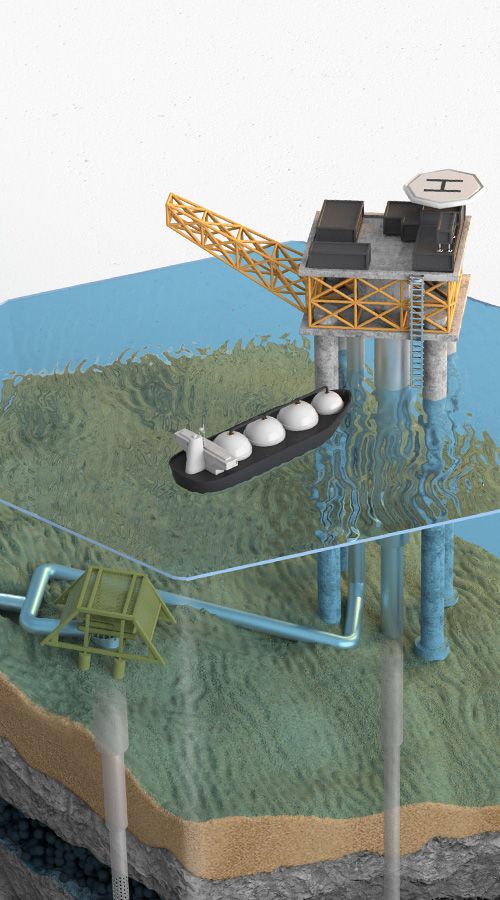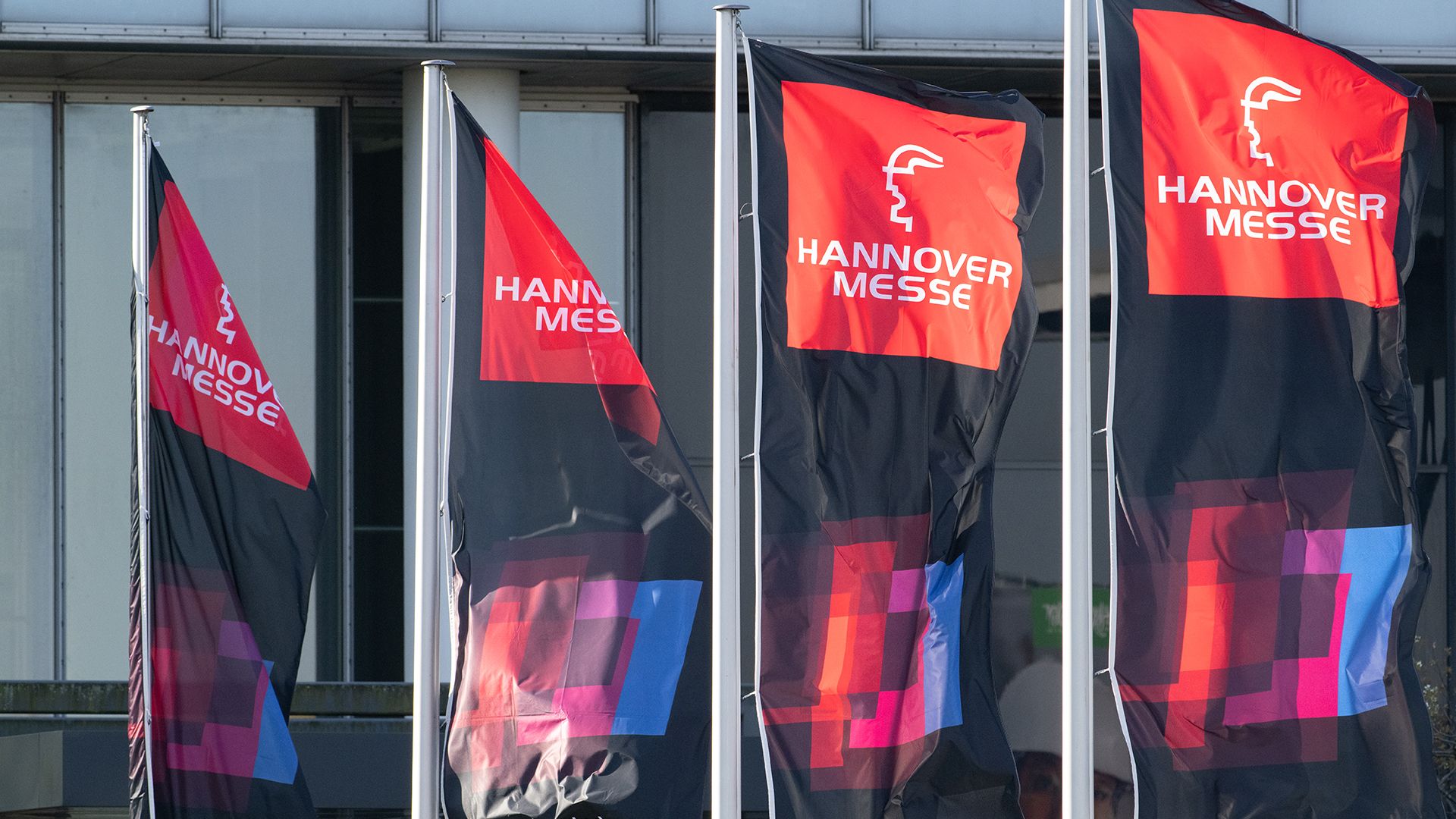Europe and Wintershall Dea recognise CCS as key to decarbonise industries


- CCS and low-carbon hydrogen are two solutions to complement renewables
- 20-30 million tonnes of CO2 planned to be saved annually by 2040 with Wintershall Dea’s CCS and hydrogen business
- CTO Hugo Dijkgraaf calls for reliable framework conditions and continued political support
The European Commission has recognised carbon capture and storage (CCS) as a clear means of decarbonising the industrial sector and has set up support programmes for this purpose. “This strengthens us in our plans to build up a new business field with CCS and hydrogen projects,” said Hugo Dijkgraaf, Chief Technology Officer of Wintershall Dea, at a panel discussion with political stakeholders on 22 May in
Brussels. “Climate change must urgently be stopped. Low-carbon hydrogen and CCS are two solutions to complement renewables. With our CCS and hydrogen activities, we plan to save 20 to 30 million tonnes
of CO2 annually by 2040.”
Dijkgraaf considers the recent European Commission proposal for a Net-Zero Industry Act (NZIA) a “boost” for CCS, as it calls CCS a “strategic netzero technology” that should benefit from faster permitting and easier
access to funding. The act also formulates a very ambitious EU injection-capacity goal of 50 million tonnes per year as early as 2030, which would encourage CCS companies to deploy CCS at scale in order to meet the European climate targets. Dijkgraaf suggested, however, that CO2 from the EU stored in European Economic Area (EEA) countries like Norway should also count for the injection target, considering Norway’s enormous storage potential. Equally important, he continued, is that Member States and EEA countries make enough licenses available, such as by organising exploration licensing rounds.
As a general matter, the EU is signalling a strong willingness to act with its programmes, such as the Innovation Fund, Horizon Europe and the recently revised TEN-E regulation, which now includes cross-border CO2
networks as an additional priority.
Decarbonising industry and building up a CCS market
“The European Commission understands that if Europe wants to remain competitive as an industrial location, we need pragmatic, fast and affordable solutions to decarbonise,” Dijkgraaf noted. “To pursue our ambitious targets, we need reliable framework conditions from policymakers and continued political support. The restructuring of industry is a mammoth task shared by industry, politics and the energy sector.”
Wintershall Dea plans to offer CCS primarily as a service for those industries which will not be able to completely avoid CO2 emissions in the future, even after electrification. The CO2 will be transported from the industrial emitter via a CO2 transport network to CO2 collection points and, from there, to safe storage sites under the seabed of the North Sea. “We want to be the architect of the entire CCS value chain, helping to drive the decarbonisation of industry and thereby prevent deindustrialisation in emission-intensive sectors,” says Dijkgraaf.
A well-functioning emissions trading system (ETS) can be an important driver for developing the market, since emitters do not have to buy CO2 allowances for CO2 that is stored safely and permanently. Additional drivers for making CCS a business case could be carbon contracts for difference (CCfDs), which are still under discussion in Germany and which entail a long-term contract between the state and the emitter to help offset the higher costs of green production. A similar pull could come from green procurement requirements by the state.
A current opinion piece by Hugo Dijkgraaf on the topic “Climate protection without barriers” was published on May 22nd on euractiv.com and can be found in the download section.
About Wintershall Dea
Wintershall Dea is transforming from the leading European independent gas and oil company to become a leading European independent gas and carbon management company. We have more than 120 years of experience as an operator and project partner along the entire E&P value chain. The company with German roots and headquarters in Kassel and Hamburg explores for and produces gas and oil in 11 countries worldwide in an efficient and responsible manner. With activities in Europe, Latin America and the MENA region (Middle East & North Africa), Wintershall Dea has a global upstream portfolio and, with its participation in natural gas transport, is also active in the midstream business. And we develop carbon management and low-carbon hydrogen projects to contribute to climate goals and secure energy supplies. More in our Annual Report.
As a European gas and oil company, we support the EU’s 2050 carbon neutrality target. As our contribution, we have set ourselves ambitious targets: We want to be net zero across our entire upstream operations – both operated and non-operated – by 2030. This includes Scope 1 (direct) and Scope 2 (indirect) greenhouse gas emissions on an equity share basis. Wintershall Dea will also bring its methane emissions intensity below 0.1 per cent by 2025. We endorsed the World Bank’s Initiative ‘Zero Routine Flaring by 2030’ and continue to support the initiative aimed at eliminating routine flaring in operated assets by 2030. In addition, we plan to support global decarbonisation efforts by building up a carbon management and hydrogen business to potentially abate 20-30 million tonnes of CO2 per annum by 2040. You can find more about this in our Sustainability Report.
Wintershall Dea was formed from the merger of Wintershall Holding GmbH and DEA Deutsche Erdoel AG in 2019. Today, the company employs more than 2,000 people worldwide from almost 60 nations.

